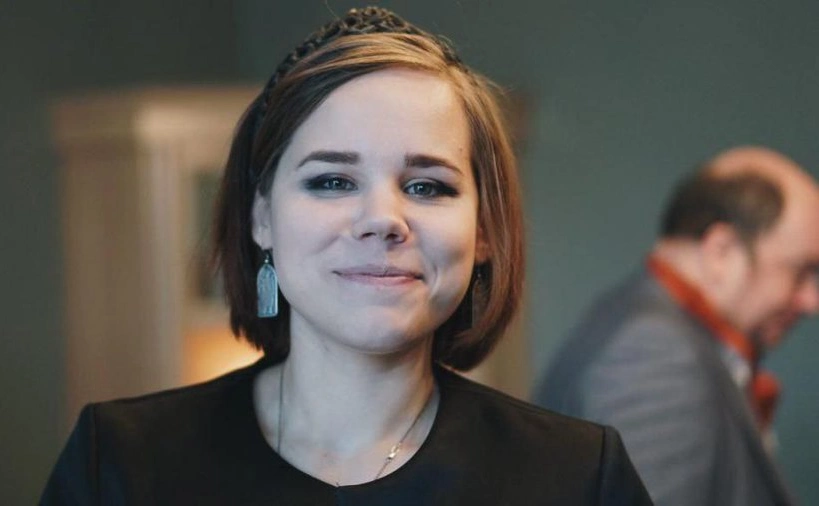Russia has accused the leadership of the UNESCO Secretariat of “deeply biased approach” after it failed to condemn the brutal murder of the Russian journalist Darya Dugina despite “repeated public and diplomatic calls” from Moscow.
Daughter of famous Russian philosopher Alexander Dugin, the 29-year-old was killed after her Toyota Land Cruiser blew up while she was returning from a literary and musical event at the outskirts of Moscow on August 20.
Russia reminded that – in accordance with the mandate issued by the Member States of the Organisation in the resolution of the 29th session of the General Conference of UNESCO of November 12, 1997 ‘Condemnation of violence against journalists’ – the Director-General of the UN agency is obliged “to condemn killings and any physical violence aimed at against journalists as a crime against society.”
“At the same time, we note that the current head of the executive structure of UNESCO, O Azule, properly responded in the public sphere to a number of other violent deaths of representatives of foreign media that occurred after August 20, in some cases on the day of the incident,” said the Russian Foreign Ministry in a statement.
Moscow asserted that it regards this situation as “a clear manifestation of the deeply biased approach of the leadership of the UNESCO Secretariat to the performance of its official duties”, as a gross violation of the principle of impartiality and equidistance, as defined in paragraph 5 of Article VI of the Charter of the Organisation.
“Attempts to refer to any technical reasons that allegedly became an obstacle to the conscientious performance of the Director General of his mandate are not accepted. Such actions, or rather immoral inaction, will certainly be taken into account when building a further line in relation to the Secretariat of the Organisation,” it said further.
Also Read: Russian philosopher turns grief over daughter’s assassination into call for victory in Ukraine




















